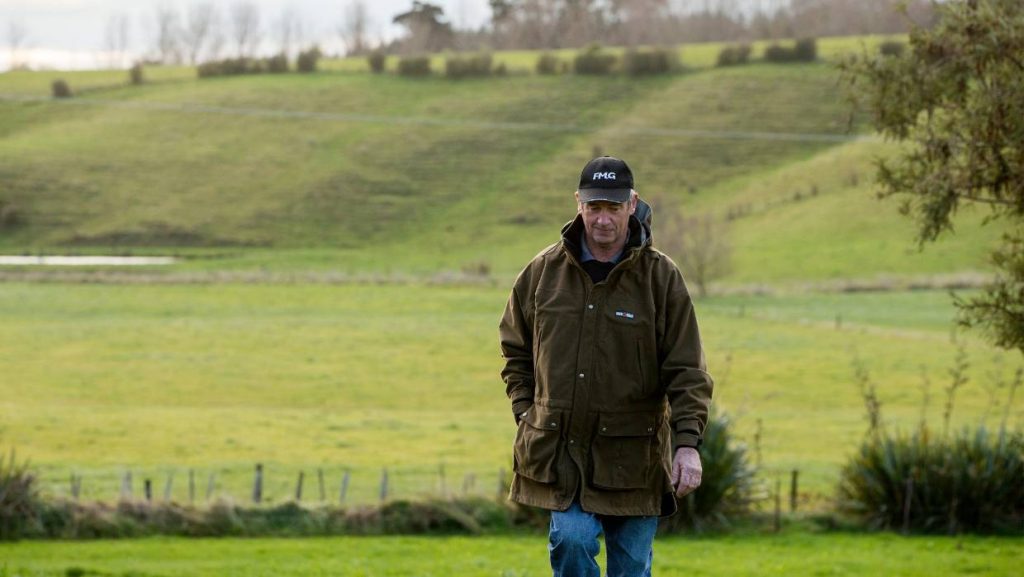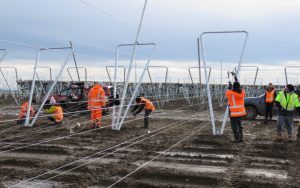
Farming is in the Government’s sights, with a proposal that from June there will be no new dairy conversions or irrigation allowed without evidence it will not increase water pollution.
The plan is to tightly restrict further intensification of land use until all regions have working freshwater management plans.
Changes such as new irrigation or conversion to dairying will only happen where there is evidence it will not increase pollution.
In areas with high nitrogen levels there must be a reduction in nitrogen loss within five years and there will be more fencing to keep stock out of waterways.
Standards for intensive winter grazing, feedlots and stock holding areas will also be applied.
Federated Farmers’ Manawatū dairy spokesman Murray Holdaway said most farmers were already progressive and the biggest frustration was the laggards who brought everyone’s reputation down.
Holdaway said farmers now had to consider their greenhouse gas emissions, which didn’t necessarily go hand-in-hand with improving water quality.
“For example, a well designed and operated feed pad will be a significant help with water quality, but it may not improve greenhouse gas emissions,” the Tararua dairy farmer said.
“Farmers work with scientists, advisers, commercial [companies] and their peers to find ways to reduce their footprint… that adds to the social health of the communities we all live in.”
The Sustainable Dairying: Water Accord, a report that each year explains what dairy farmers have done to improve their farms, stated 24,000 kilometres of New Zealand waterways had been fenced off to keep stock out.
Land, Air, Water Aotearoa’s most recent analysis of national river quality trends, from 2007-2017, showed eight out of nine water quality indicators were improving.
Dairy Environment Leaders Group chairman Alister Body said ecosystems took time to respond to changes on the ground, meaning more improvement would be noticed within the next five years.
“We all use our rivers and we all want to protect them for our future.”
Beef and Lamb New Zealand spokesman Andrew Morrison believed the Government’s crackdown would have an unfair effect on sheep and beef farmers, whose farming practices were less intensive than the dairy industry.
Problems with nitrogen leaching were driven by high stock rates on small areas of land.
“Most sheep and beef farming systems operate… low stocking rates and low input farming models.”

























